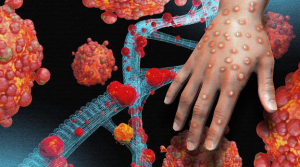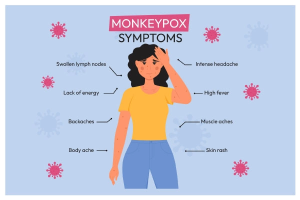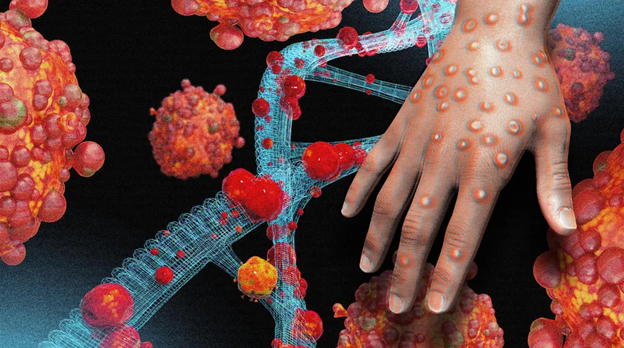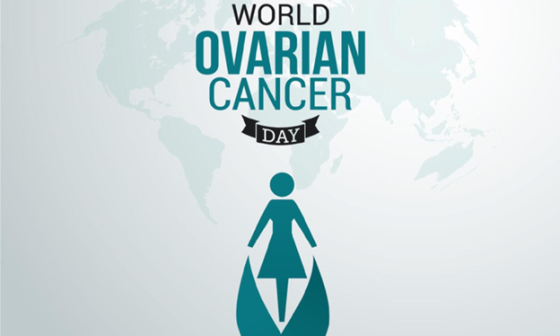Introduction
Recent concerns have been raised about MPox, formerly monkeypox, a viral disease that has made headlines worldwide, especially in Nigeria. The Nigerian Centre for Disease Control (NCDC) currently reports over 30 cases of monkeypox across 33 states of the country. The Director of WHO has declared MPox a public health emergency of international concern (PHEIC).
An uncommon viral infection, monkeypox was formerly mostly limited to Central and Western Africa. On the other hand, recent outbreaks have raised awareness of the illness worldwide. Being informed is crucial, but it’s just as important not to panic.

Source: Premium Times NG
With an emphasis on the Nigerian setting, Wellahealth intends to use this blog article to give a thorough and understandable review of MPox, covering symptoms, transmission, and prevention.
What is MPox?
The orthopoxvirus family includes the virus that causes monkeypox, a zoonotic infection (a disease that humans contract from animals), the other virus in that family that has been of public health concern is the smallpox virus, that was declared eradicated in 1980 by the WHO. It is worth noting that the symptoms of MPox are milder than those of smallpox.
Initially identified in research monkeys in 1958, the illness was dubbed “monkeypox.” But rather than monkeys, rodents like rats and squirrels serve as the virus’s main reservoir hosts.
There are two main types of MPox- Clade 1 and Clade 2. A prior public health emergency related to MPox was announced in 2022 and was brought on by the comparatively mild Clade 2. But this time, the much more lethal Clade 1 is on the rise; in past outbreaks, it has killed as many as 10% of individuals who were ill.
Symptoms of MPox
While often milder, the symptoms of monkeypox can mimic those of smallpox and typically start 3- 17 days after exposure lasting for 2-4 weeks.

Source: Medicover
A variety of flu-like symptoms are usually the first signs of the illness, including:
- One of the first symptoms is a high body temperature (fever).
- A few days after the fever starts, a recognizable rash typically appears on the face and then spreads to other parts of the body. The rash develops over time, ranging from flat lesions to raised bumps to fluid-filled pustules that crust over.
- Severe headaches
- Muscle aches are seen as soreness in the joints and muscles.
- Pain in the back that does not go away.
- Fatigue and general sense of exhaustion.
- Enlargement of the lymph nodes is another symptom, which is a characteristic distinguishing factor from smallpox.
How Do You Get MPox?
Humans can contract monkeypox by handling bushmeat or coming into close contact with diseased animals, usually through bites or scratches.
The risk of zoonotic illnesses is increased by the nation’s wide intake of bushmeat and its diversified animals. Public health officials have been actively combating epidemics through immunization campaigns, information campaigns, and surveillance systems in recent years.
Human-to-human transmission of the virus can also occur through:
- Close contact: Direct skin-to-skin contact with an infected person’s rash, bodily fluids, or respiratory droplets.
- Infected items: Items that have come into contact with bodily fluids or the rash, such as clothing or bedding, are referred to as contaminated/infected objects.
- Airborne transmission: Rarely, but possible, the virus can spread by respiratory droplets during extended close contact.
Preventing MPox
The preventive measures include:
- Avoid contact with wild animals: Avoid handling wild rodents or other animals that may carry the virus such as bush meats.
- Cook meat thoroughly: Make sure that all bushmeat and other animal products are cooked thoroughly to kill any potential viruses like MPox.
- Practice good hygiene: Handwashing with soap and water regularly, especially after handling animals or their products, can reduce the risk of transmission of the MPox virus.
- Use Personal Protective Equipment (PPE), especially for health workers or those who are exposed to bodily fluids.
- Isolation: To stop the virus from spreading, if you or anyone close to you is infected, they should present at the hospitals to be kept apart from other people. Additionally, report all cases with symptoms consistent with symptoms of MPox.
Conclusion
Although alarming and currently a disease of public health concern worldwide, monkeypox can be easily controlled with the right information and precautions. Nigerians can prevent the spread of this illness, safeguard themselves and their communities, and keep themselves informed by following the necessary safety measures. Always consult the Nigerian Ministry of Health’s and other respectable health organizations’ guidelines for the most recent information.
Remain vigilant, educated, and considerate of one another. For more health information on issues of public health concern, visit our blog.
Dr. Ifeoma M. Uduh, Dr. John Afam – Osemene






